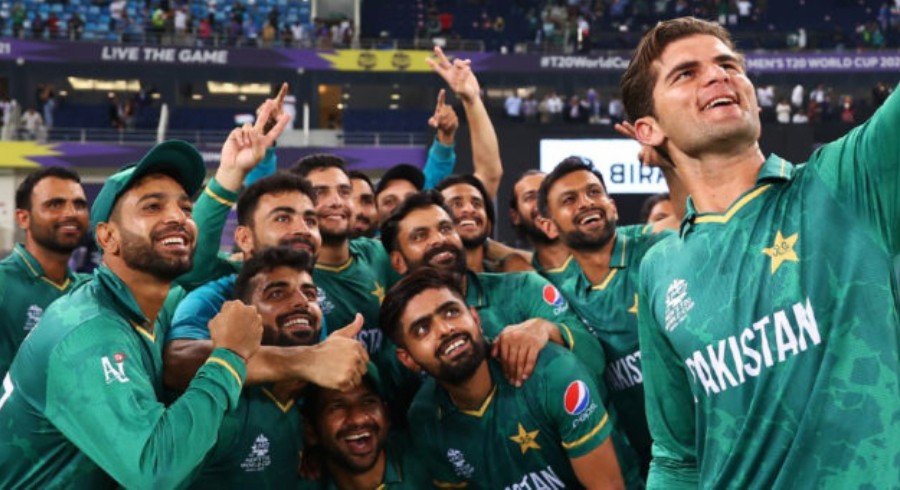Pakistan cricket has a rich and storied history that reflects the nation’s deep passion for the sport. The journey of Pakistan cricket began formally with the establishment of the Pakistan Cricket Board (PCB) in 1948, shortly after the country gained independence. Since then, cricket has become ingrained in the cultural fabric of Pakistan, captivating millions of fans across the country and around the world.
History
One of the significant milestones in Pakistan cricket history was the team’s entry into international Test cricket. Pakistan played its first Test match against India in Delhi in 1952, marking the beginning of its journey in the longest format of the game. Over the decades, Pakistan has produced several legendary cricketers who have left an indelible mark on the sport.
In the early years, players like Fazal Mahmood and Hanif Mohammad played pivotal roles in shaping Pakistan’s cricketing identity. Fazal Mahmood’s remarkable bowling performance against England at The Oval in 1954, where he took 12 wickets in the match, remains a landmark achievement in Pakistan’s cricketing history.
The 1992 Cricket World Cup victory under the leadership of Imran Khan stands as one of the most memorable moments in Pakistan cricket. Imran Khan’s charismatic leadership and the team’s stellar performance brought home the World Cup trophy, elevating Pakistan to cricketing glory and inspiring future generations of cricketers.
Throughout its history, Pakistan Cricket has been marked by periods of triumph and challenges. From producing world-class bowlers like Wasim Akram and Waqar Younis to batsmen of exceptional talent like Javed Miandad and Inzamam-ul-Haq, Pakistan has consistently contributed to the global cricketing landscape.
Pakistan’s cricketing history is a testament to the resilience and passion of its players and fans. As the sport continues to evolve, Pakistan remains a powerhouse in international cricket, striving to uphold its legacy and inspire new generations of cricketers.
Legendary Players
Pakistan cricket boasts a rich lineage of legendary players who have made significant contributions to the sport and left an enduring legacy.
Imran Khan: Imran Khan is arguably Pakistan’s greatest cricketing icon, known for his exceptional all-round abilities and leadership. As captain, he led Pakistan to its first-ever Cricket World Cup victory in 1992. Imran’s influence extended beyond the field; he remains a prominent figure in Pakistani politics and philanthropy.
Wasim Akram: Wasim Akram is widely regarded as one of the finest left-arm fast bowlers in cricket history. His ability to swing the ball both ways at high speeds made him a nightmare for batsmen worldwide. Akram’s mastery of reverse swing bowling set new standards in the sport and earned him admiration and respect globally.
Inzamam-ul-Haq: Inzamam-ul-Haq was a formidable batsman known for his elegant stroke play and ability to dominate bowling attacks. He holds numerous records for Pakistan in both Test and One Day Internationals (ODIs). Inzamam’s calm demeanor under pressure and knack for match-winning innings cemented his place as a cricketing legend.
Contemporary Challenges of Pakistani Cricket Team
Pakistan cricket, renowned for its rich history and passionate fan base, faces several contemporary challenges that impact its performance on the international stage. These challenges reflect broader issues within the cricketing landscape and within Pakistan itself.
One of the primary challenges confronting the Pakistani cricket team is consistency in performance. While the team has shown flashes of brilliance, particularly in limited-overs cricket, inconsistency has plagued its results across formats. Fluctuating performances often stem from factors such as batting collapses, inconsistent bowling, and lapses in fielding, which hinder the team’s ability to maintain momentum and win crucial matches.
Governance and administrative issues within the Pakistan Cricket Board (PCB) have been another area of concern. Periodic changes in leadership, allegations of nepotism, and controversies surrounding team selection have sometimes overshadowed the team’s on-field achievements. The lack of stability and transparency in governance can disrupt team dynamics and affect overall performance.
Conclusion
In conclusion, Pakistan cricket stands as a testament to the nation’s unwavering passion and deep-rooted love for the sport. From its humble beginnings with the formation of the Pakistan Cricket Board (PCB) in 1948 to its current status as a formidable force in international cricket, Pakistan has carved out a significant place in the cricketing world.




